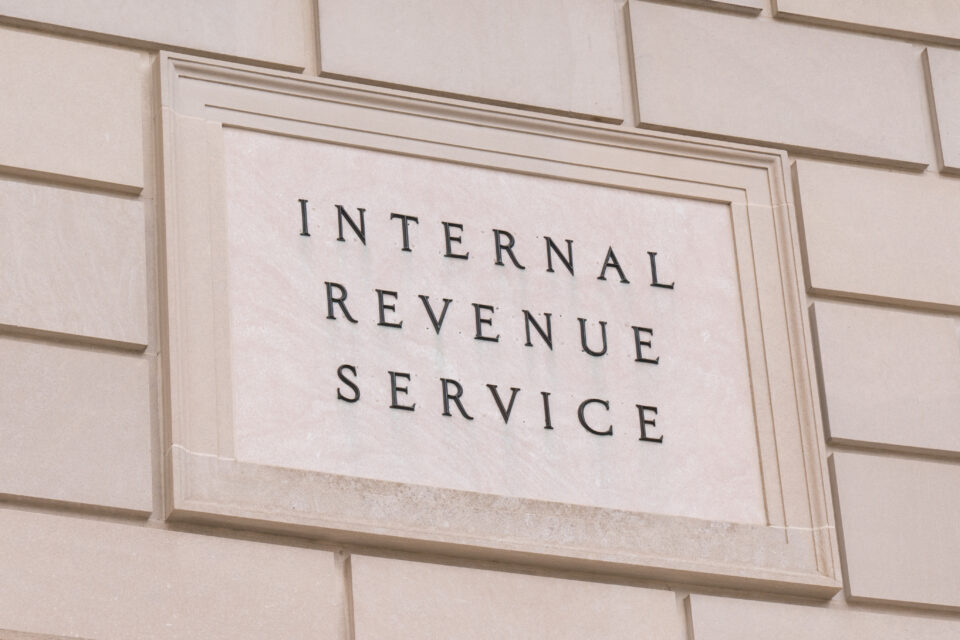‘Danger, Will Robinson’: The IRS Increases Scrutiny of Conservation Easements

Sometimes tax motives overwhelm philanthropic motives, which has often been the case with charitable deductions for so-called “conservation easements.”
For years now, sponsors have offered up investments in partnerships, LLCs, and other pass-through entities that own real estate and then donate certain easement rights in the real estate to qualified charitable organizations. Examples include a donation of (i) open space granting the public a perpetual right of access for hiking, (ii) open space that is environmentally sensitive and is restricted from future development, and (iii) a legally binding commitment not to alter the exterior of a historic structure.
These “investments” are often promoted on the basis that they will generate substantial charitable deductions for investors, oftentimes resulting in tax savings approaching or exceeding the taxpayer’s investment in the property. Such transactions typically rely on highly inflated appraisals for the donated easement.
The Internal Revenue Service (“IRS”) has recently issued regulations that identify certain syndicated conservation easements and similar transactions as “listed transactions.” In doing so, the IRS has declared such transactions as tax avoidance transactions for which the IRS may impose substantial penalties on taxpayers and certain tax advisors, including for the failure to specifically disclose those transactions in their tax filings. This, of course, is in addition to denying the deduction for the charitable contribution altogether.
While many charitable conservation easements that are not abusive will fall outside the scope of the new regulations, the requirements for legitimate charitable conservation easements are highly complex and need to be structured with the assistance of a tax advisor familiar with the rules.
The regulations just issued are another in a long line of IRS and Congressional efforts to curb the abuse of conservation easement donations in syndicated investment offerings. Taxpayers should be aware of the likelihood of audit and exposure to substantial penalties in such syndicated offerings.
Filed under: Corporate, Tax Planning
Related insights
September 18, 2024